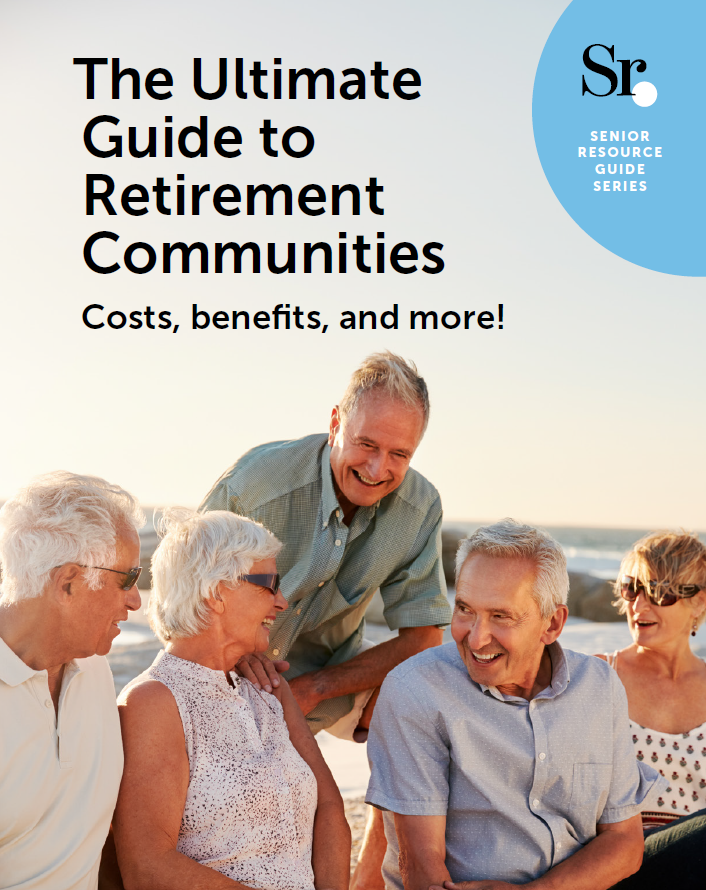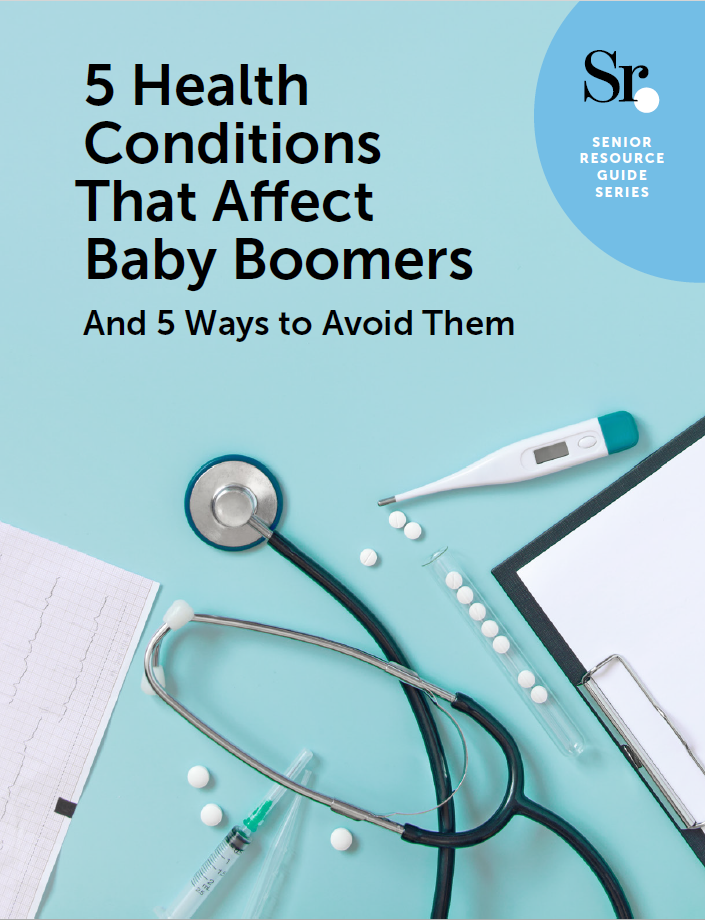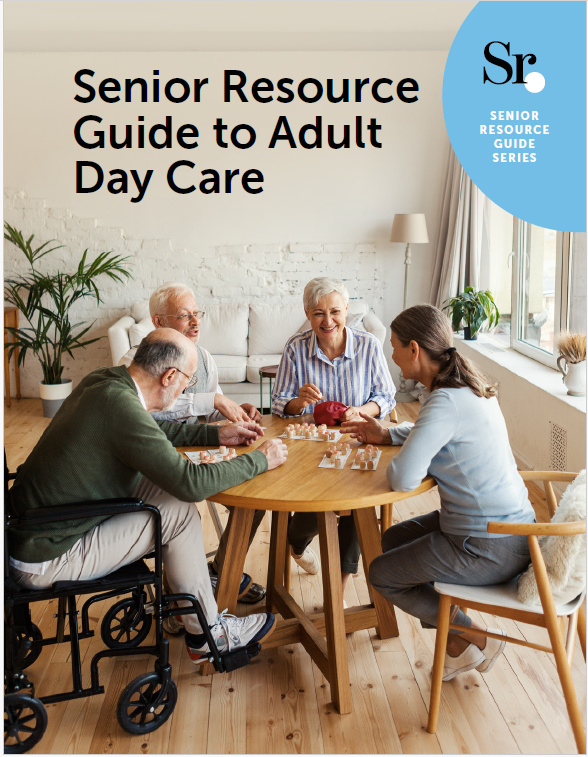10 Early Warning Signs of Dementia

It’s a harsh reality: one in ten older adults grapples with the challenges of dementia. For seniors, the fear of walking down the path of memory disorders can loom like a shadow over what’s supposed to be their golden years. The line between typical age-related memory lapses and the onset of dementia can blur, leaving many uncertain and anxious about what the future may hold.
How can you tell when forgetfulness is just a normal part of aging or a sign of something more serious? What are the early signs that could indicate a possible memory issue approaching? These questions can mix up your feelings, from worry to a strong desire for clear answers.
Recognizing the early signs isn’t just about knowing facts – it’s a vital tool for feeling hopeful and ready. Let’s navigate through this confusion and highlight the subtle hints and early warning signs that might suggest a memory problem is brewing.
Benefits of Identifying Early Signs of Dementia
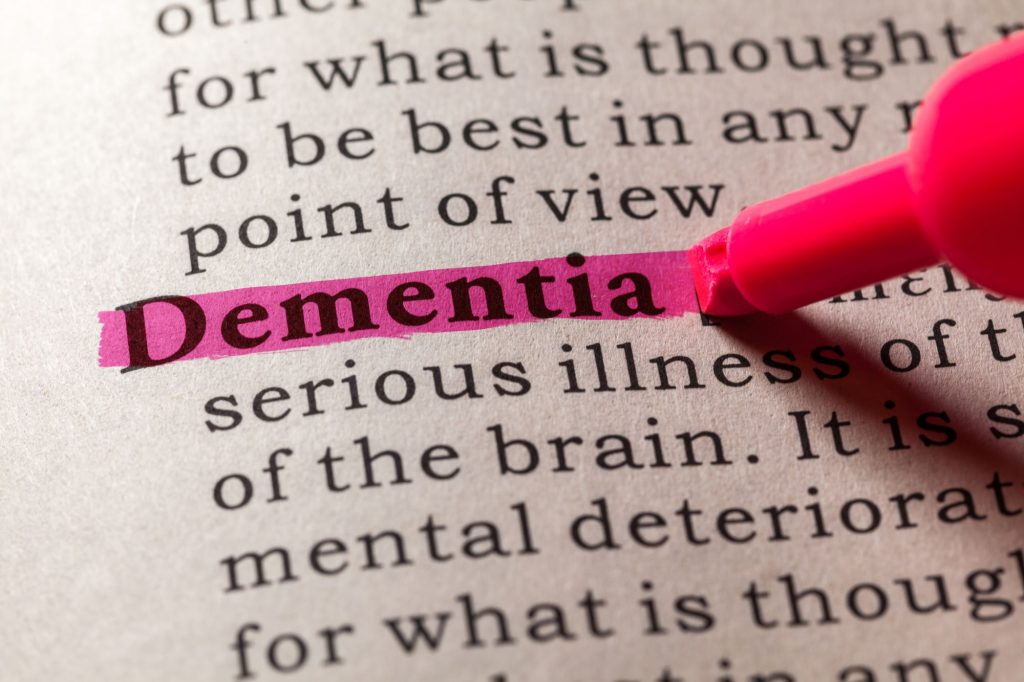
Dementia, while challenging, becomes more manageable when armed with knowledge and surrounded by a community that offers understanding and empowerment. Here are some of the advantages of early dementia detection:
- Early Access to Medical Care: Spotting early signs of dementia opens doors to timely medical care and interventions. This proactive approach allows seniors to explore treatment options that could potentially slow down the progression of the disease, offering hope and support in managing its impact.
- Improved Quality of Life: Taking action at the onset of dementia symptoms can significantly enhance one’s quality of life. By promptly addressing these signs, seniors can experience better symptom management, increased cognitive function, and emotional well-being, fostering a more fulfilling and independent lifestyle as they navigate this journey.
- Enhanced Understanding and Acceptance: Recognizing early signs of dementia not only benefits individuals but also empowers their caregivers. It provides a platform for enhanced understanding and acceptance of the condition, paving the way for informed decision-making, personalized care strategies, and a supportive environment that nurtures dignity and compassion.
10 Early Warning Signs of Dementia
1. Memory Problems
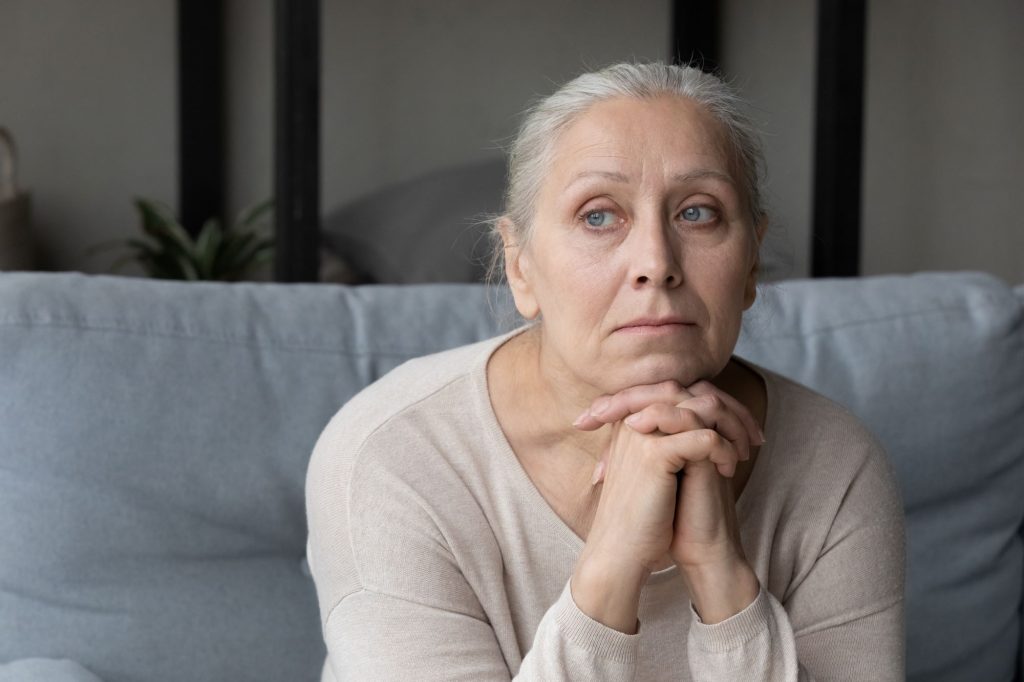
Experiencing some memory loss is a normal part of the aging process. In fact, almost 40 percent of people aged 65 and older will experience some form of memory loss. However, memory loss associated with dementia is different. This kind of memory loss is disruptive and hard to ignore. It may make completing simple tasks ten times more difficult and affect your quality of life. You may also struggle to retain new information.
2. Difficulty Completing Tasks

As we age, tasks that were once simple may become more difficult. For example, vacuuming or dusting may be hard for older adults with mobility issues. Likewise, even cooking can become less of a chore and more of a headache for seniors with joint pain or stiffness. However, older adults with dementia may struggle with completing tasks for different reasons. They may not remember the steps involved or even forget what they were doing in the middle of their task. Even something as simple as showering or using the restroom can become a seemingly insurmountable challenge.
3. Frequently Misplacing Things

We’ve all lost our phones and found them somewhere we’d never expect to find them, like the refrigerator or a cupboard. However, if you suddenly find yourself losing things and being unable to find them, this may indicate more than mere forgetfulness. If you can’t remember where your utensils go or where you put a phone charger you just used, it may be time to pay your doctor a visit.
4. Social Withdrawal

Sadly, social isolation is common in seniors. Having friends is important at any age but might be critical for seniors. Unfortunately, older adults with dementia may withdraw and even isolate themselves from their friends and loved ones. When they do get together with friends, they might not contribute to the conversation. If you’re an older adult, remember to stay socially connected and integrated into a community. Isolation may increase your risk of developing dementia by 50%!
5. Increased Anxiety and Depression

We’ve all dealt with depression and anxiety at different points in our lives. Let’s face it—life is tough. However, if depression and anxiety have become constant companions, you may want to look deeper into the matter. Social isolation and personality changes associated with dementia may lead to depression. Furthermore, damage to the parts of the brain that regulate emotion may further exacerbate stress. Whether you have dementia or not, don’t allow yourself to live with depression and anxiety. Life is short, so make sure you enjoy each and every moment to the fullest!
If you’re thinking about suicide or would like emotional support, call the 24-hour 988 Suicide & Crisis Lifeline: 988 or 800-273-TALK (800-273-8255).
6. Disorientation

Getting lost every now and again is normal, even with built-in maps and navigational systems in our phones. However, getting lost coupled with forgetting what time, day of the week, or even month it is may signal more serious issues. If you find yourself losing your way on familiar routes, you may be in the early stages of dementia—especially if it’s becoming a more common occurrence.
7. Trouble with Physical Coordination

Dementia affects more than just our cognitive and mental health. It may even impact physical health, challenging one’s sense of balance, coordination, and even strength. If your fine motor skills suddenly seem less practiced, you may also be in the early stages of dementia.
8. Personality Changes

Dementia takes a toll on every aspect of the brain, so it’s no surprise that it may also result in personality changes. If someone who is sunny and even-keeled suddenly becomes irritable and cranky, more factors may be at play beneath the surface. Others with dementia may imagine things that aren’t there or even begin hitting others. So, if you begin snapping at everyone around you or experiencing depression and anxiety out of the blue, don’t write it off as the natural consequence of aging. Contact your doctor immediately.
9. Trouble Communicating

It’s natural to forget words or names every now and then. After all, most adults have 20,000 to 35,000 words in their vocabularly! However, older adults in the early stages of dementia will face this problem more often than not. For example, they may forget familiar words or default to familiar words with increasing frequency. They may also begin describing objects instead of naming them. Others may start making up their own words when they can’t recall the one they’re trying to find.
10. Showing Poor Judgment

We’ve all exercised poor judgment. From dating someone who was bad news to following trends that make us laugh in retrospect, everyone has made mistakes. However, older adults with dementia may start showing poor judgment regularly. They may ignore basic safety protocols or fall prey to internet scams. Wearing the wrong kind of clothes on a hot day can also indicate more than a lack of preparedness. Additionally, forgetting to shower or even brush one’s teeth or hair could signal that a visit to the doctor is needed.
Resources for Early Detection and Support

Here are some key resources where you can find valuable guidance and assistance:
- Alzheimer’s Association: This organization offers a wealth of information on dementia, including early detection strategies, support services, and educational resources for both individuals and caregivers.
- Local Memory Clinics: Memory clinics in your area provide specialized assessments for cognitive concerns. These clinics have expert teams that conduct thorough evaluations, diagnostic tests, and create personalized care plans suited to your specific needs.
- Your Primary Healthcare Provider: Your primary doctor or healthcare provider plays a crucial role in early detection. They can perform initial assessments, refer you to specialists if needed, and guide you through the diagnostic process with care and expertise.
Alzheimer’s Speaks Podcast
Popular Articles About Alzheimer's and Dementia
Originally published April 30, 2024




